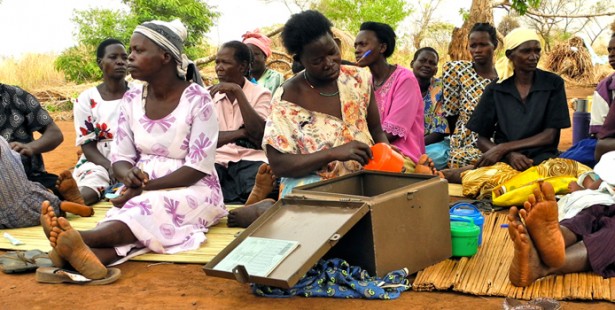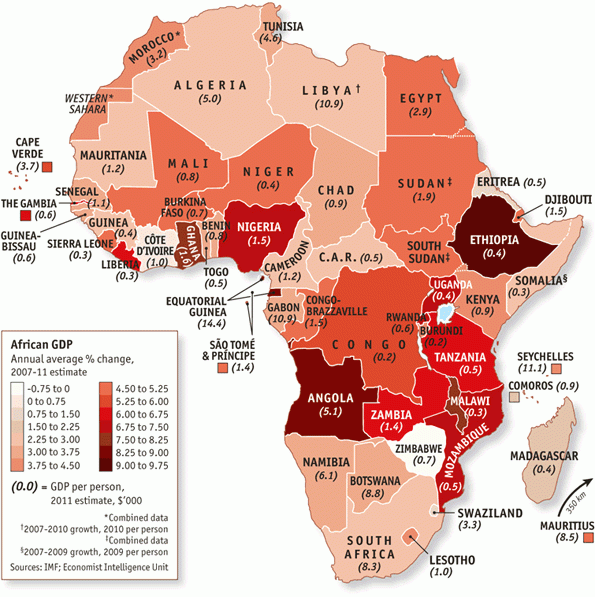
Members of Invisible Children’s Village Savings and Loans Association. VSLA is an economic initiative in northern Uganda.
The continent of Africa is on the rise, and while the majority of today’s headlines may indicate the opposite, many of its countries may be in a position of economic power before the halfway point of this century.
In the late 1800s the Berlin Conference and King Leopold’s quest for global dominance crippled the continent and made it nearly impossible to keep pace with global economic development. Roughly a hundred years later, when much of Africa gained it’s independence from its European colonizers, countries still struggled to develop. However nearly 50 years removed, with education and innovation at its core, much of Africa is on the rise and will continue to be for the foreseeable future.
According to global economist Charles Robertson, the continent’s GDP will increase from $2 trillion in 2013 to $29 trillion (in today’s value) by the end of 2050. Much of this can be contributed to African countries reducing their average inflation from 22% in the 1990’s to an impressive 8% after the turn of the century. This article by Krista Morgan, offers a more in-depth look at the continent’s many GDPs.

Also worth noting is the substantial shift from rural to urban living. According to McKinsey Global Institute, 28% of Africans in 1980 lived in cities. Today that number has increased to 40% and is expected to rise to 50% by 2030. To put things in perspective, China’s population is currently 45% urban. This is a surprising trend, seeing that the total population of the continent (1 billion) is expected to double within the next 30 years.
While many of Africa’s individual economies face continued challenges including war, famine, and disease, it’s worth understanding that these crises are not what define these storied societies, and with a continued global effort and investment, they can continue to overcome such obstacles on their way to top of the economic ladder. Learn more about some of the initiatives that Invisible Children is proud to be a part of in Uganda by visiting our programs page.
(Photo credit: Digitaria)
Think people should hear about this?